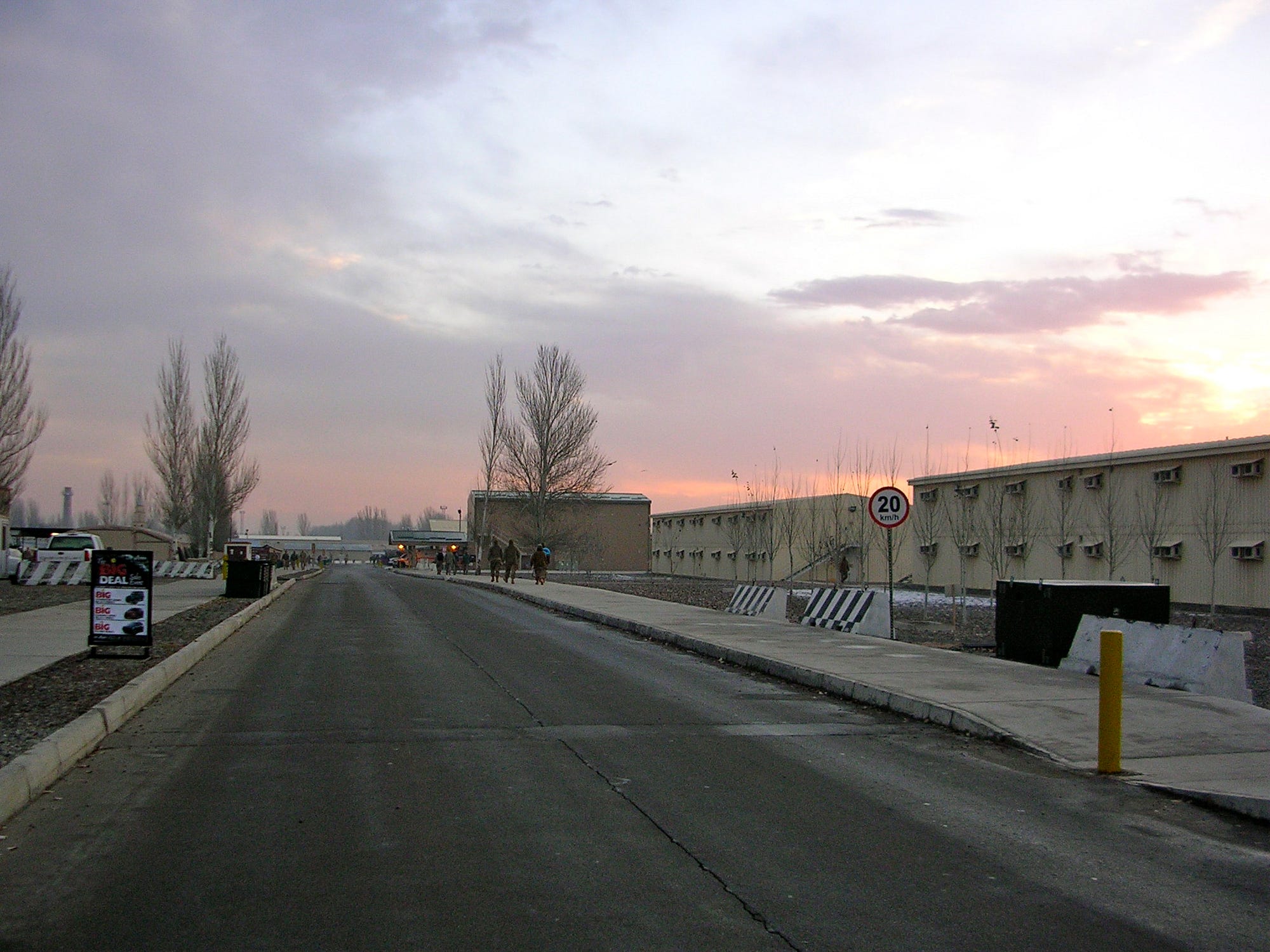http://www.thehindu.com/sci-tech/energy-and-environment/an-interview-with-bill-gates-on-sustainable-energy-and-conservation/article7949484.ece?homepage=true
Published: December 4, 2015 2
Suhasini Haidar, Vidya Krishnan
PTI“I can’t comment on climate justice. I don’t know what the definition of that is,” says former Microsoft CEO Bill Gates.
Says unless clean energy is made cheaper, countries like India will be in an ‘impossible’ situation.
Lauding India for doubling its funding for research and development of climate change technology, the former Microsoft CEO and co-founder of the world’s biggest charitable foundation, Bill Gates, says technological innovation is the only way to fight climate change. “If we are going to make the cost of clean energy as inexpensive as hydrocarbons, or coal energy today, which will need innovations. That will mean you won’t have to think about this huge trade-off between ‘Should I be clean’ or ‘Should I electrify’?” he told The Hindu in an exclusive interview.
Mr. Gates was in Paris for the COP21 summit, where he launched a multi-billion dollar 20-nation ‘Breakthrough Energy Coalition,’ and has met Prime Minister Narendra Modi twice this week, both in Paris and in Delhi on Friday.
Backing India’s stand on ‘climate justice’ or the need for the developing world to be financed for cutting emissions, Mr. Gates said that unless clean energy was made cheaper, it put countries like India in an “impossible” situation. “I can’t comment on climate justice, I don’t know what the definition of that is. I think while the premium cost of clean energy is very high, you force an almost impossible trade-off between two very important goals. My belief is that if you increase the R&D that will lower the price of energy,” he said.
However, Mr. Gates indicated that solar and wind energy, which forms the bulk of India’s clean energy mix, may not be the most viable sources of electricity in future. In its latest plans, the government has announced it will raise its renewable energy production from the current 38 Gigawatts to 175 Gigawatts by 2022, 100 GWs of which would come from solar energy alone.


 Map of U.S. Military Bases supporting Operation Enduring Freedom in 2001
Map of U.S. Military Bases supporting Operation Enduring Freedom in 2001












